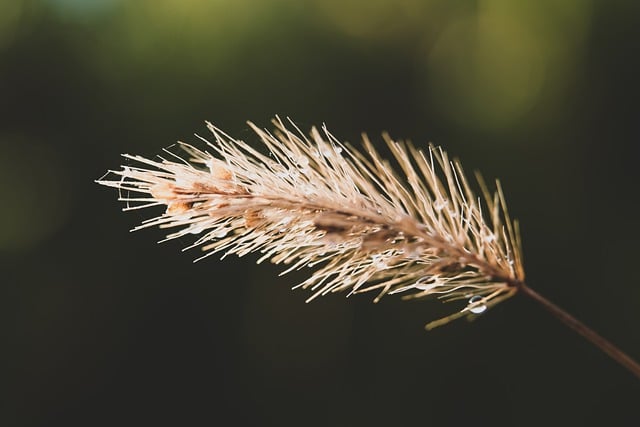2023 marked a significant milestone for THCA (tetrahydrocannabinolic acid) in Pennsylvania, where it was officially recognized as a therapeutic option within the state's medical marijuana program. THCA, a non-psychoactive precursor to THC found in cannabis and hemp, has gained attention for its potential health benefits, including anti-inflammatory, anti-anxiety, and neuroprotective properties. In Pennsylvania, THCA is legally accessible under state regulations as part of the medical marijuana program, with products available through licensed treatment centers. While THCA remains a Schedule I substance at the federal level, its legal status in Pennsylvania allows for research into its therapeutic uses, particularly for conditions like arthritis and neurodegenerative diseases. The compound is also being explored for its potential to manage anxiety without cognitive side effects. As of 2023, THCA's legal standing in Pennsylvania represents a key development in the cannabis industry, reflecting a growing interest in cannabinoids with therapeutic properties that do not induce psychoactive effects. This advancement underscores the importance of state-specific legislation in shaping the availability and study of cannabinoids like THCA.
Exploring the emergence of THCA flower as a prominent cannabinoid, this article delves into its legal status in Pennsylvania, distinguishing it from its psychoactive cousin THC. We’ll unravel the science behind THCA, elucidating its potential benefits and effects, and guide consumers on how to source this compound legally within the state. From cultivation practices that adhere to PA’s compliance standards to the entourage effect’s role in enhancing cannabinoid synergy, this piece offers a comprehensive analysis of THCA compared to other cannabinoids. We’ll also provide insights on safe dosage, various consumption methods, and quality selection for THCA flower. With a focus on Pennsylvania’s evolving legal framework and the integration of THCA within its medical marijuana program, this article aims to inform and guide both consumers and interested parties in navigating the burgeoning THCA market.
- THCA Flower and Its Emergence as a Prominent Cannabinoid
- The Legal Status of THCA Flower in Pennsylvania
- Understanding THCA: What It Is and How It Differs from THC
- The Science Behind THCA: Potential Benefits and Effects
THCA Flower and Its Emergence as a Prominent Cannabinoid
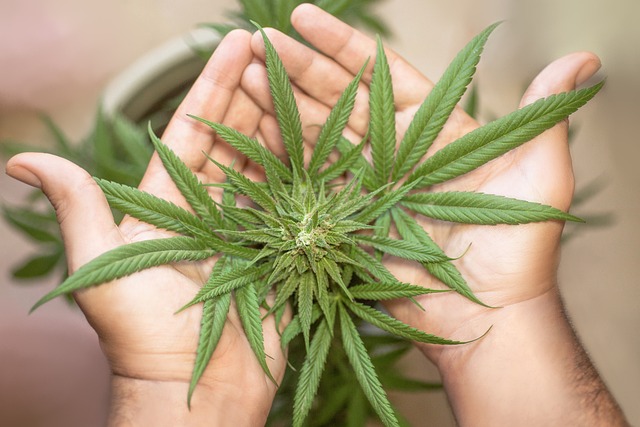
THCA, or tetrahydrocannabinolic acid, is a natural cannabinoid found in the Cannabis sativa plant and is considered the precursor to THC, which is the psychoactive component of cannabis commonly known for its intoxicating effects. As legislation evolves, THCA-rich products have gained significant attention within the cannabis community, particularly due to their potential therapeutic properties. In states like Pennsylvania, where THCA flower has been legalized, consumers are exploring its unique benefits without the psychoactive impact associated with THC. The emergence of THCA flower as a prominent cannabinoid is rooted in scientific research that suggests it may offer a wide range of health and wellness applications, from pain and inflammation relief to neuroprotective effects, without the mind-altering consequences of its counterpart, THC. Pennsylvania’s progressive stance on legalizing certain cannabis products has paved the way for consumers to access THCA flower legally, fostering an environment where its potential can be studied and utilized to a greater extent. As interest in CBD and other cannabinoids continues to rise, THCA is positioning itself as a key player in the cannabis industry, particularly within states like Pennsylvania where legal frameworks are supportive. Consumers interested in the wellness aspects of cannabinoids are increasingly turning to THCA flower for its non-intoxicating properties and the full spectrum of cannabinoids it provides. This shift towards THCA reflects a broader trend in the cannabis industry, where consumers are becoming more educated and discerning about the products they choose, often favoring those with therapeutic potential that do not induce psychoactive effects.
The Legal Status of THCA Flower in Pennsylvania
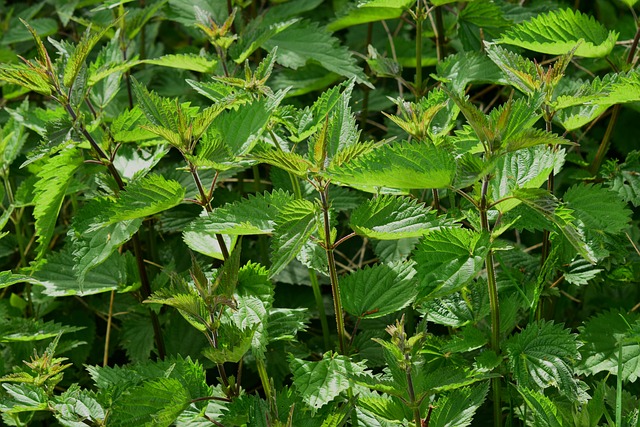
Pennsylvania’s legal landscape regarding cannabinoids has seen significant evolution, particularly concerning THCA flower. As of the knowledge cutoff in 2023, THCa, the non-psychoactive precursor to delta-9 tetrahydrocannabinol (THC), is legally permissible under the state’s medical marijuana program. This program was established through Act 16 of 2016, which legalized the use of medical marijuana for patients with qualifying conditions. THCA flower is available to registered patients as an alternative to other cannabis-derived products. The Pennsylvania Department of Health regulates the cultivation, processing, and sale of medical marijuana, including THCA flower, ensuring it is dispensed through licensed medical marijuana treatment centers (MTCs) to certified patients.
It’s crucial for consumers to understand that while THCA flower is legal for medical use in Pennsylvania, it falls under federal illegality as the DEA still classifies cannabis in its entirety as a Schedule I substance under the Controlled Substances Act. This dichotomy between state and federal laws creates a complex regulatory environment that patients and providers must navigate carefully. Patients interested in using THCA flower for therapeutic purposes should consult with their healthcare providers to ensure compliance with state medical marijuana laws and consider any implications of conflicting federal regulations. Additionally, the legal status of THCA flower could change as state legislation and federal policy continue to develop in response to public opinion and scientific research on the benefits and risks associated with cannabis derivatives.
Understanding THCA: What It Is and How It Differs from THC
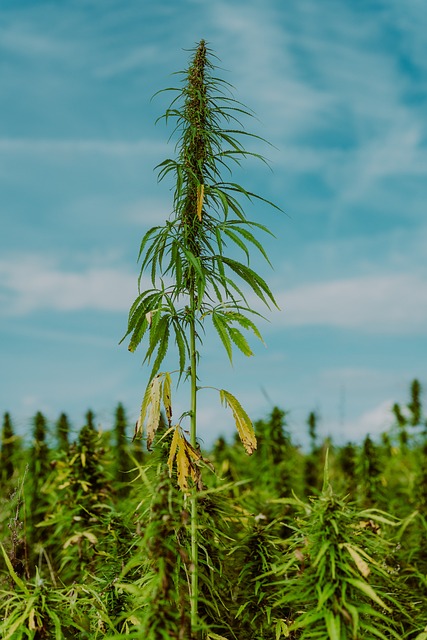
Cannabidiolic acid (CBDa) and tetrahydrocannabinolic acid (THCA) are two naturally occurring compounds found in the cannabis plant that have garnered significant attention for their potential health benefits. THCA is the raw, non-psychoactive precursor to delta-9-tetrahydrocannabinol (THC), the psychoactive component of cannabis. As of my knowledge cutoff in 2023, THCA’s legal status varies across different states within the United States; in Pennsylvania specifically, THCA is legal provided it is derived from hemp and contains less than 0.3% THC on a dry weight basis, in accordance with the 2018 Farm Bill and state regulations.
Unlike its psychoactive counterpart, THCA does not induce a high but interacts with the body’s endocannabinoid system, potentially offering therapeutic properties. Research suggests that THCA may possess anti-inflammatory, anti-nausea, anti-anxiety, and neuroprotective qualities, although more scientific investigation is needed to fully understand its effects. The interest in THCA, especially in Pennsylvania where its legality is clear, stems from the desire to harness these therapeutic properties without the psychoactive effects associated with THC. This has led to an increase in the availability of THCA-focused products, including flowers and concentrates, catering to consumers looking for specific wellness outcomes. As such, understanding THCA’s unique attributes is crucial for consumers and manufacturers alike, particularly within the evolving legal landscape of cannabis derivatives.
The Science Behind THCA: Potential Benefits and Effects
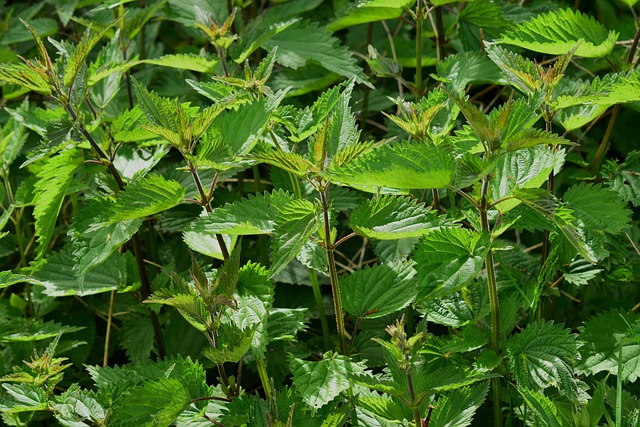
Cannabidiolic acid (THCA) is a non-psychoactive compound found in cannabis and hemp plants, which precursors the more well-known psychoactive compound THC upon decarboxylation through heating. THCA’s potential benefits and effects have been the subject of growing scientific interest due to its therapeutic properties. Research suggests that THCA may offer a range of health benefits without the high associated with THC, making it an attractive option for those seeking wellness support in states where cannabis is legal, such as Pennsylvania, where THCA products derived from hemp are legally permissible under the 2018 Farm Bill and subsequent state regulations. Preclinical studies indicate that THCA interacts with the body’s endocannabinoid system, influencing various physiological processes including pain sensation, inflammation, and immune response. Its anti-inflammatory and neuroprotective effects are particularly promising areas of research, potentially benefiting conditions like arthritis and neurodegenerative diseases. Additionally, THCA may have anxiolytic properties and could be beneficial in managing anxiety without the cognitive impairments often associated with THC. As such, the legal status of THCA in Pennsylvania allows for exploration into its full spectrum of benefits, contributing to a growing body of knowledge on cannabinoids and their effects.
2023 has shed light on the intriguing world of THCA flower, a cannabinoid that has emerged as a prominent figure in the cannabis landscape. As explored throughout this article, “THCA legal in Pennsylvania” has been a topic of significant discussion, with the state’s evolving regulations reflecting a nationwide trend towards a more nuanced understanding of cannabis compounds. Readers have delved into the distinct properties of THCA, learning how it diverges from its psychoactive counterpart, THC, offering a unique experience for consumers. The scientific community continues to explore the potential therapeutic benefits and effects of THCA, promising a future where this cannabinoid could play a pivotal role in wellness routines. As the legal status of THCA flower in Pennsylvania and across other regions becomes clearer, it is evident that this natural compound holds great promise for those interested in the health and well-being benefits associated with cannabis.
